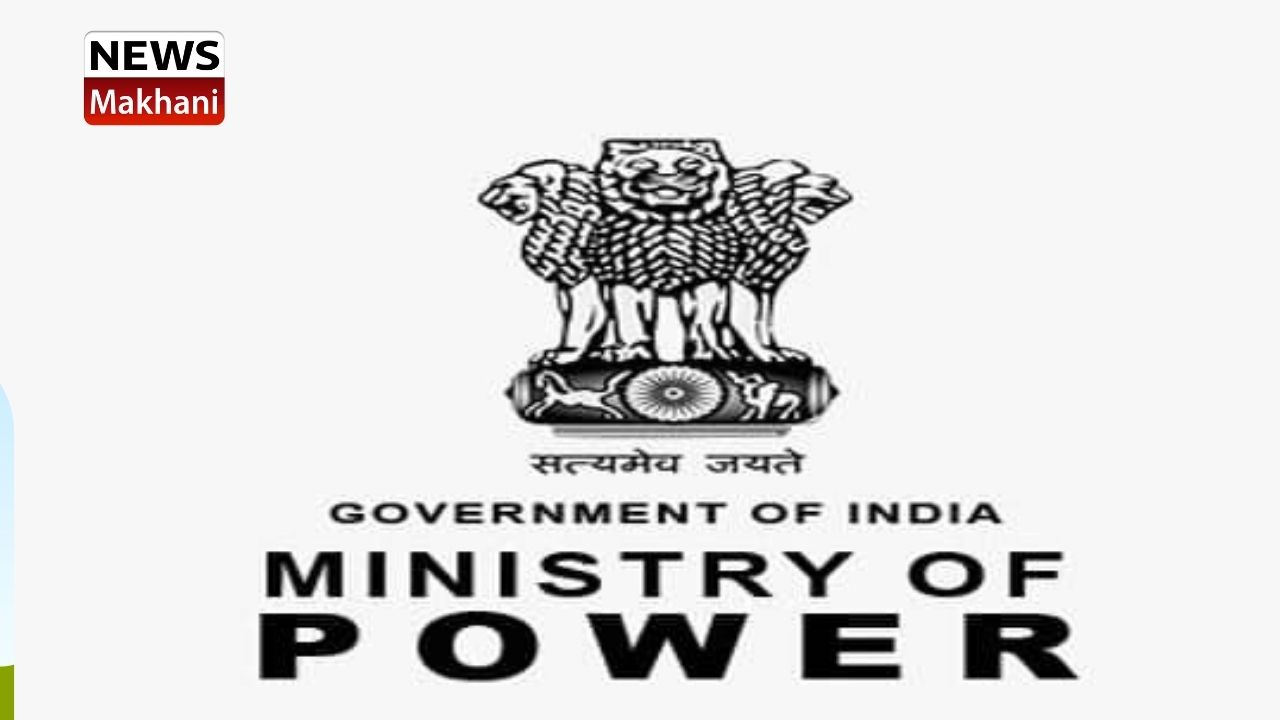Domestic coal supply to be made proportional to the coal received from CIL/SCCL for all the Gencos
Not maintaining adequate fuel stocks or not giving availability on any pretext (such as high price of imported coal etc) inexcusable : Ministry of Power
States may ensure implementation of PPA with ICB plants with necessary contractual interventions
Initiatives to promote use of renewable energy and thereby bringing down the dependence of coal for power generation outlined
Ministry of Power have been monitoring the coal supply situation in the country and have been taking steps to ensure adequate coal supply and coal stocks based on the domestic coal received from Coal India Limited (CIL), Singareni Collieries Company Limited (SCCL) and Captive coal mines.
As per decision taken in the Ministry of Power in consultation with State Gencos, IPPs and Central Gencos, the domestic coal supply to all Gencos will be in proportion to the coal received from CIL/SCCL for all the Gencos and it will not be possible to give more coal other than on proportionate basis to make up any shortfall.
The Ministry of Power has issued a circular directing following actions to be taken on priority in order to enhance supply of domestic coal:-
- Production in captive coal mines allotted to power plants may be maximized to the limit permitted.
- It has been reported that a number of power plants are taking much longer time than the prescribed norms in unloading coal from railway rakes which is affecting the turn-around time. CEA has been asked to monitor the unloading time at power plants and it has been decided that lesser number of rakes would be made available to such power plants where there is slackness in prompt unloading of coal from rakes. This step has been taken with the objective of maximizing the utilization of available railway rakes. Therefore, this aspect may be monitored at the level of State Government and unloading of coal may be ensured within the given norms.
- A number of generating companies have overdues of coal companies running in several hundred crores of rupees. Such huge overdue amounts affect the ability of coal companies to continue coal supply. Therefore, it is necessary that the bills of coal companies are paid in due time so that coal supplies to such generating companies are not affected on this account.
It has been observed that non-operation of certain Imported Coal Based (ICB) plants in States had put more pressure on domestic coal demand leading to low coal stocks for domestic coal based (DCB) plants.
The procurers and sellers, are legally bound by the PPA in force as signed by both the parties. While the procurers are bound to pay the bills timely as per the PPA, the Gencos (sellers) are bound to maintain adequate fuel stocks and offer availability as per the PPA. Not maintaining adequate fuel stocks or not giving availability on any pretext (such as high price of imported coal etc) is inexcusable. Such a conduct on the part of seller should be immediately responded to by the procurer sternly by using all possible contractual and other available legal interventions at the level of State Government. If any gaming is noticed on the part of seller such as not supplying electricity under the PPA and selling it in the market should be brought to the notice of the Regulatory Commission without any delay under intimation to Ministry of Power for immediate intervention.
However, it is understood that some of the ICB power plants are facing issues in the PPA, due to change in Indonesian Regulations and increase in international coal prices. These issues also need to be resolved on the basis of mutual negotiations in a just and transparent manner.
Hence, the States may ensure implementation of the PPA with ICB plants with necessary contractual interventions or in extraordinary circumstances, use statutory provisions of the Electricity Act,2003 to ensure generation and may approach Ministry of Power for any intervention required in case of inter-State plant.
Govt. of India have taken the following initiatives to promote use of renewable energy and thereby bringing down the dependence of coal for power generation in existing power plants:-
(i). Ministry of Power have been extending financial assistance to the States for separation of agriculture feeders and the same has been conveyed as one of the high priority items to be taken up in Revamped Distribution Sector Scheme (RDSS). States are also being advised to take up solarisation of such feeders under KUSUM scheme. This may be taken up on priority with the objective of reducing dependence on coal for power supply to farmers for irrigation.
(ii). Ministry of Power has also issued the guidelines for cofiring of Biomass pellets in coal based power plants upto the extent of 5 to 7%. This may also be taken up on priority.
(iii). A scheme has been formulated for bundling of renewable energy based electricity with the coal based generation by generating companies under the existing PPAs.
This will not only lead to reduced dependence on coal but also lead to cheaper electricity because the scheme envisages that the benefit of lower power cost be shared with the PPA holder distribution companies. The Central sector generating companies such as NTPC and DVC have been directed to implement this scheme on priority. It is, therefore, imperative that the distribution companies should facilitate implementation of this initiative.
In view of the increasing demand for electricity and associated need of coal to ensure smooth functioning, as a short term measure, Ministry of Power on 07.12.2021 had issued advisories to domestic coal based power plants to import coal to meet their requirements by blending with imported coal to the extent of 4% by State Gencos & Independent Power Producers (IPPs). It is requested that necessary action may be taken to import coal in a transparent and competitive manner for blending purpose based on demand assessment to deal with shortfall of coal availability.
READ MORE :- Ministry of Ayush and World Health Organization signs Host Country Agreement for WHO Global Centre of Traditional Medicine
***

 हिंदी
हिंदी






